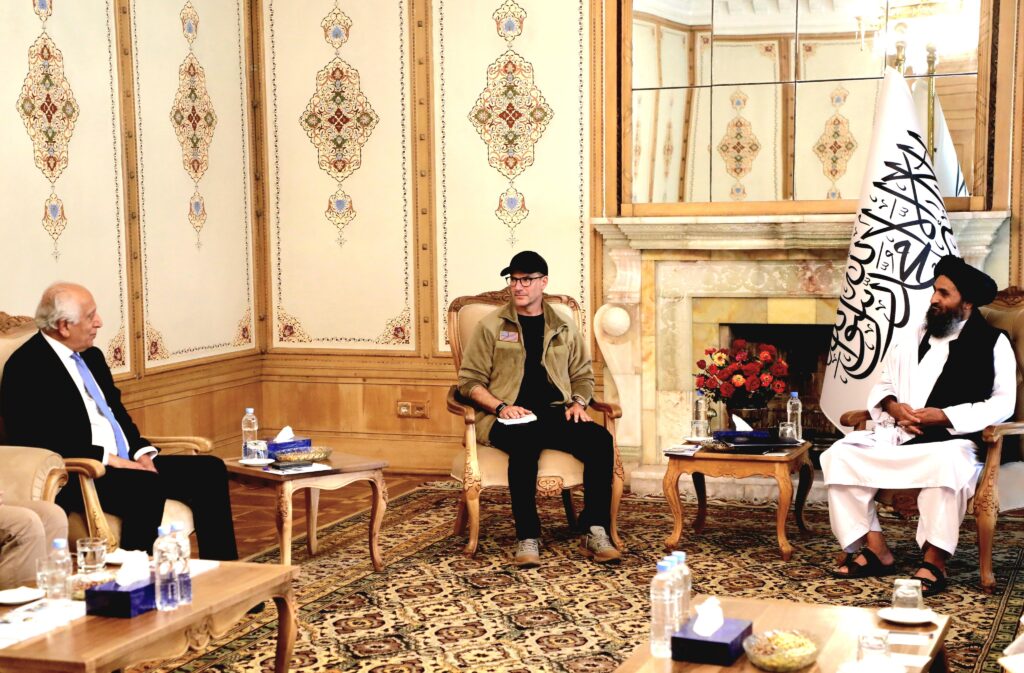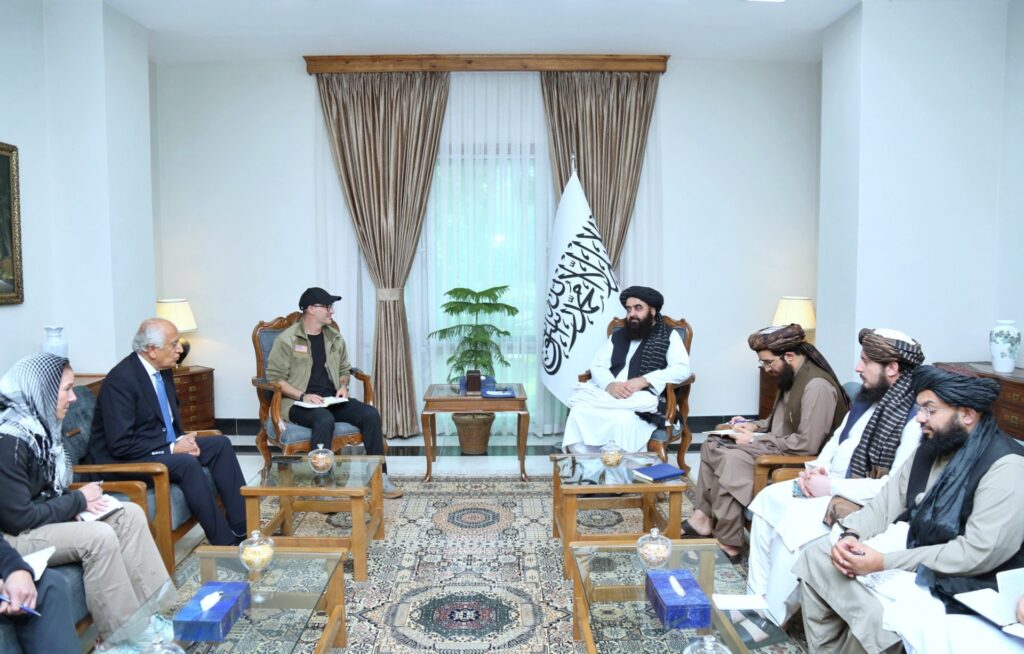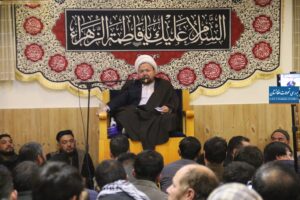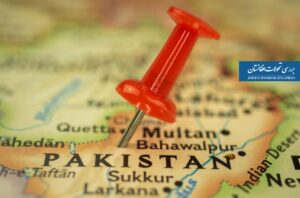Review of Afghanistan developments
Fewer than six months have elapsed since the American delegation, led by Adam Buehler, the US President’s Special Representative for Hostage Affairs, along with Zalmay Khalilzad, the former US Special Representative for Afghanistan, was present in Kabul that this delegation returned to Kabul on September 14.
Similar to the initial round, the declared objective of the American delegation’s visit to Kabul was to facilitate the release of American citizens detained in Afghanistan. During the prior visit, two American detainees were freed from Taliban custody following negotiations between the American delegation and the Taliban’s Foreign Minister. On this occasion, it was also reported that the American representatives had come to Kabul to secure the release of Mahmud Shah Habibi, an American citizen of Afghan heritage.
What distinguishes the recent visit of the American delegation to Kabul is the diverse meetings held by the Americans with Taliban officials, particularly the meeting between this American delegation and Mullah Abdul Ghani Baradar, one of the key leaders and the Deputy Prime Minister of the Taliban government for economic affairs, with whom the Doha agreement was also signed by Khalilzad.
The objective of the American delegation: prisoners swap or the pursuit of diplomacy?
The arrival of an American delegation in Kabul has been reported as being aimed at securing the release of American citizens detained by the Taliban regime. However, a closer examination of these visits indicates that their purpose extends beyond merely negotiating the release of one or two individuals. The Americans possess the capability to engage in negotiations with the Taliban for the release of their citizens without the necessity of being physically present in Kabul, utilizing their indirect communication channels in Qatar and other associated nations. Nevertheless, the decision to dispatch a delegation to Kabul suggests that matters beyond prisoner release may be included in the discussions.
It can be asserted that within the behavioral tradition of Americans, two approaches consistently stand out: one involves direct engagement and interaction with the opposing party, while the other entails negotiating matters of interest through avenues not directly related to diplomacy, as clearly illustrated in the case of the Taliban.

A mission beyond the issue of prisoners
The diverse range of meetings and the comments made by Taliban government officials regarding the statements issued by Adam Buhler, the leader of the American delegation, to the media, suggest that the American delegation’s presence in Kabul extended beyond merely addressing the issue of prisoner release. The discussions held by the American delegation with Mullah Baradar, a prominent Taliban leader, along with their conversations concerning the current circumstances in Afghanistan, regional and global matters, bilateral economic relations, and other non-public issues, imply that the Americans are aiming to enhance direct communication channels that could facilitate more formal engagement with the Taliban government in the future.
The frequency of meetings and the examination of the statements made by Taliban officials alongside the American delegation indicate that both parties are endeavoring to align their positions more closely. It is noteworthy that for the first time, a representative of Trump stated: “Washington respects the choice of nations and does not wish to impose anything upon the Afghan populace,” and he acknowledged during his discussion with Mullah Baradar that the Doha agreement was executed properly and that no breaches occurred. These remarks are undoubtedly not made out of sentiment or merely to appease the media; rather, they signify a significant shift in Washington’s perspective towards the Taliban and potentially the establishment of increased interactions with the Taliban grounded on these two principles in the future.
These remarks, which have not been articulated by an American official in the last four years, arise at a moment when the United States has been applying the most intense pressure on the Taliban administration by halting aid and opposing the travel of Taliban officials to nations such as Pakistan and India. This form of negotiation and these statements evoke the “carrot and stick” approach in American diplomacy. While the Taliban administration appears to be eager to foster positive relations with the United States, recent discussions have seen Taliban representatives clearly convey their wish to establish amicable ties with the United States. Zakir Jalali, the third political director of the Taliban government’s Ministry of Foreign Affairs, stated in a message on the X network, “There are no barriers to the relations between the two countries and nothing that cannot be resolved.”
Related article
Analysis of the American Delegation’s Visit to Afghanistan
Consequences of Trump’s approach to the Taliban
Conclusion
Overall, the different meetings, particularly the session involving the American delegation and Mullah Baradar, along with the American side’s expression of contentment regarding the execution of the Doha Agreement, and the discussion of matters that reflect the proximity of the two sides’ positions, suggest that both parties are nearing a more advanced stage of communication. This type of meetings and declarations serves as a precursor to a significant increase in engagement, likely intended to occur following the release of Mahmoud Shah Habibi.

















